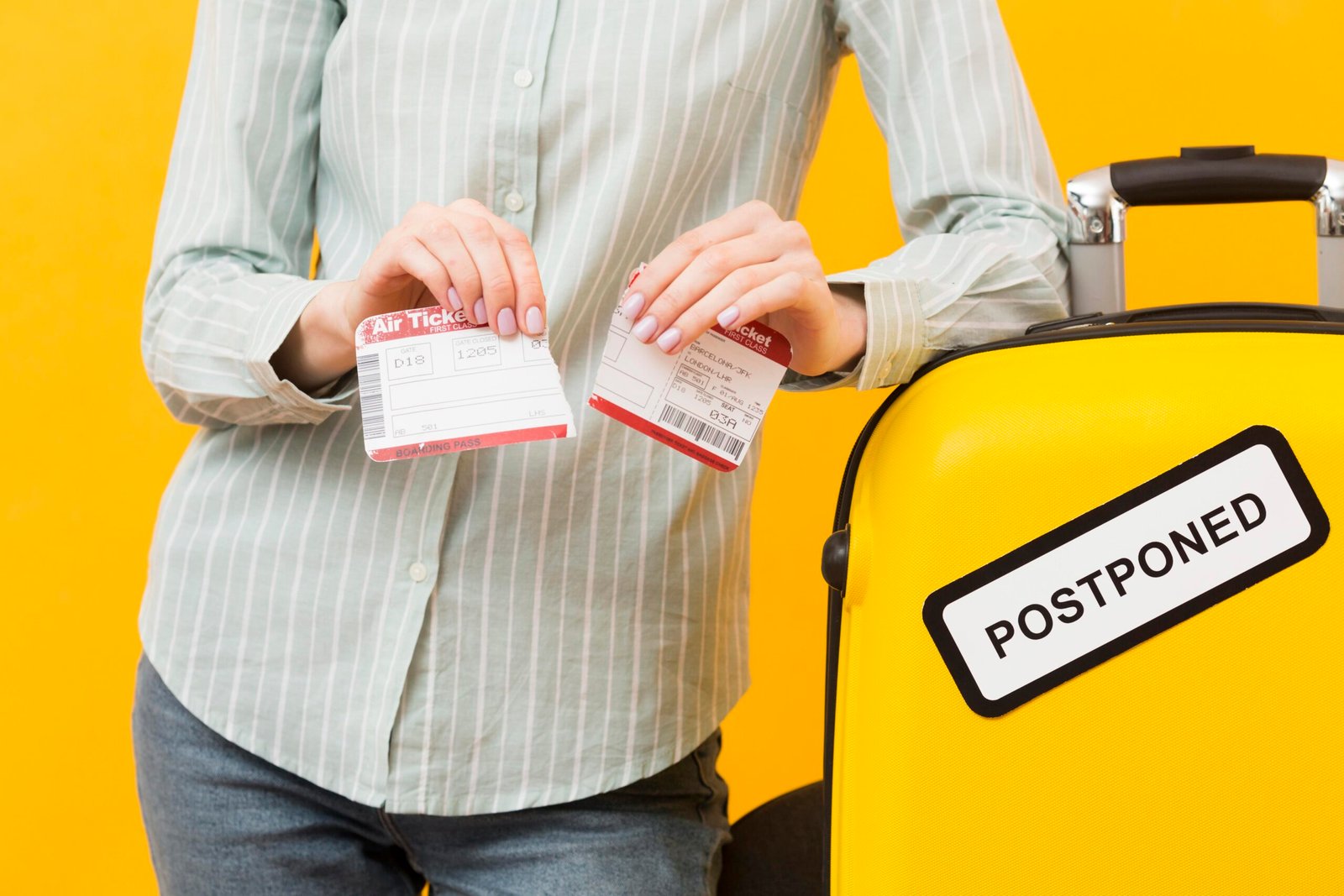
Appeals related to visa refusals
Business Entrepreneur Program Expand your horizons and explore
lucrative opportunities with Canada’s Business Entrepreneur Program.
This pathway is perfect for experienced business owners and investors
looking to contribute to Canada’s thriving economy while securing
permanent residency.
At Ashar Immigration, we provide comprehensive
support to develop a robust business plan, meet provincial nomination
requirements, and navigate the application process. Join the ranks of
successful entrepreneurs who have made Canada their business home.
Within one business day we will follow up with you to schedule your immigration consultation through phone or Skype Or call us: +1 780 807 5919
What is a Visa Refusal Appeal?
- A visa refusal appeal is a formal process that allows an individual to challenge a decision made by immigration authorities to deny their visa application.
- The appeal aims to demonstrate that the refusal was made in error or that additional information was overlooked during the initial decision.
Common Reasons for Visa Refusals
- Insufficient Documentation: Missing or incomplete documents, such as proof of financial support, travel itinerary, or employment details.
- Failure to Meet Eligibility Criteria: Not meeting the specific requirements for the type of visa applied for (e.g., student, tourist, work).
- Inability to Prove Ties to Home Country: Applicants may be denied if they fail to prove strong connections to their home country (e.g., job, family, property).
- Criminal Record: Applicants with a criminal record or those who fail to disclose criminal history may face a refusal.
- Concerns About Intent: Immigration authorities may refuse a visa if they suspect the applicant's intent to stay beyond the allowed duration or misuse the visa (e.g., working on a tourist visa).
Understanding the Appeal Process
- First Step: Review the refusal letter provided by immigration authorities, which will outline the specific reasons for the denial.
- Second Step: Determine the appropriate method for appeal, depending on the country or type of visa. Some countries allow appeals to be filed directly with the immigration office, while others may require filing with a tribunal or court.
- Third Step:Prepare and submit a detailed appeal application, providing additional supporting documents or explanations to address the reasons for refusal.
Grounds for Appealing a Visa Refusal
- Incorrect Assessment of Documentation: If you believe your documents were not properly assessed or that there was an oversight in the evaluation process.
- New Evidence: Presenting new evidence or documents that were unavailable during the initial application (e.g., updated financial records or new invitation letters).
- Legal or Procedural Errors: Appealing if you feel the refusal was based on incorrect interpretation of immigration laws or regulations.
- Change in Circumstances: If your situation has changed since the refusal (e.g., a new job offer, additional financial support, or family ties), you can appeal based on these changes.
What to Include in an Appeal Application
- Explanation Letter: A detailed letter explaining why the visa should be granted, addressing the specific reasons for the refusal.
- Supporting Documents: New or missing documents that can strengthen your case, such as updated proof of financial stability, travel plans, or employment confirmation.
- Legal Assistance (if applicable): If you're unsure about the appeal process or need expert guidance, consulting an immigration lawyer or consultant can help ensure the appeal is properly presented.
Timeline for Appeal
- The timeline for filing an appeal varies depending on the country and visa type, but it is typically required to be done within a set number of days or weeks after receiving the refusal notice.
- Be sure to submit your appeal within the given time frame to avoid losing the right to challenge the refusal.
Possible Outcomes of a Visa Refusal Appeal
- Successful Appeal: If the appeal is successful, the visa refusal decision is overturned, and the applicant may be granted a visa.
- Partial Approval: In some cases, the authorities may approve a visa but with modified conditions (e.g., a shorter stay or a different type of visa).
- Unsuccessful Appeal: If the appeal is unsuccessful, the applicant may either have to reapply for a visa or consider other legal avenues, such as reapplying with updated documentation or applying for a different visa category.
Appeal Fees
- Depending on the country and visa type, there may be a fee associated with filing an appeal. Ensure you are aware of any fees that may be required when submitting the appeal.
Reapplication After Refusal
- In cases where the appeal is unsuccessful, applicants may choose to reapply. However, they should carefully review the reasons for refusal and address any issues that led to the denial in the new application.
- It’s important to gather all necessary documents, clarify any discrepancies, and demonstrate stronger ties to the home country or resolve any issues that caused the initial refusal.
Why Seek Legal Advice for Visa Refusal Appeals?
- Visa refusals can be complicated, and the appeal process may require a deep understanding of immigration laws and procedures.
- Legal professionals with expertise in immigration law can help ensure that the appeal is filed correctly, improve your chances of success, and guide you through any challenges during the process.
Preventing Future Visa Refusals
- Submit Complete and Accurate Documentation: Ensure that all required documents are submitted correctly and completely.
- Understand Visa Requirements: Thoroughly research the specific requirements of the visa you're applying for and ensure you meet all criteria.
- Plan for Future Applications: If your visa appeal is unsuccessful, work with an immigration consultant or lawyer to identify ways to strengthen future applications.
